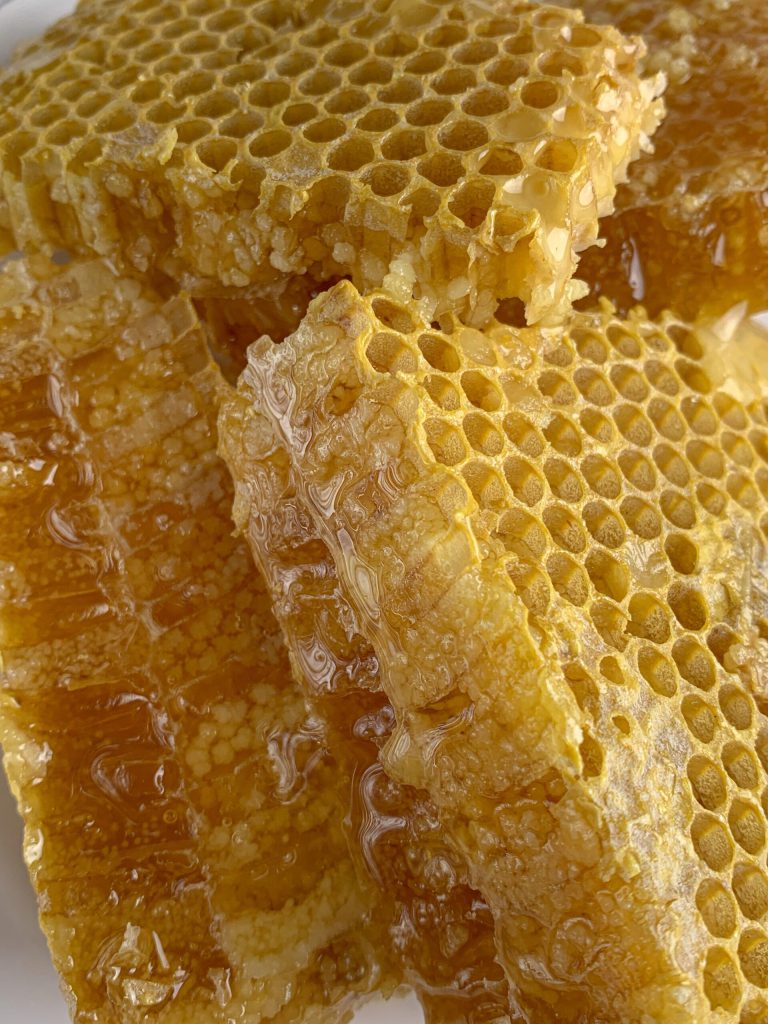Manuka honey is a true hit among natural health products, with excellent reviews. Dubbed as “liquid gold”, it should be an essential item in every household medicine cabinet.
Origins
Did you know that Manuka honey gets its name from the Maori language? The word “Manuka” means “honey from the tea tree”. The Maori people of New Zealand were the first to use it for its health benefits, and now it’s popular all over the world. The Manuka bush, where the honey comes from, is native to New Zealand and is known for its exceptional properties.
Manuka Honey – Properties
Manuka honey has unique properties that set it apart from other similar products. It has a very high content of MGO (methylglyoxal), which determines its medicinal properties. Traditional honey typically contains up to 10 mg of MGO per 35 ounces (~1 kilogram), whereas Manuka honey has a concentration of MGO that is 10 to even 50 times higher.
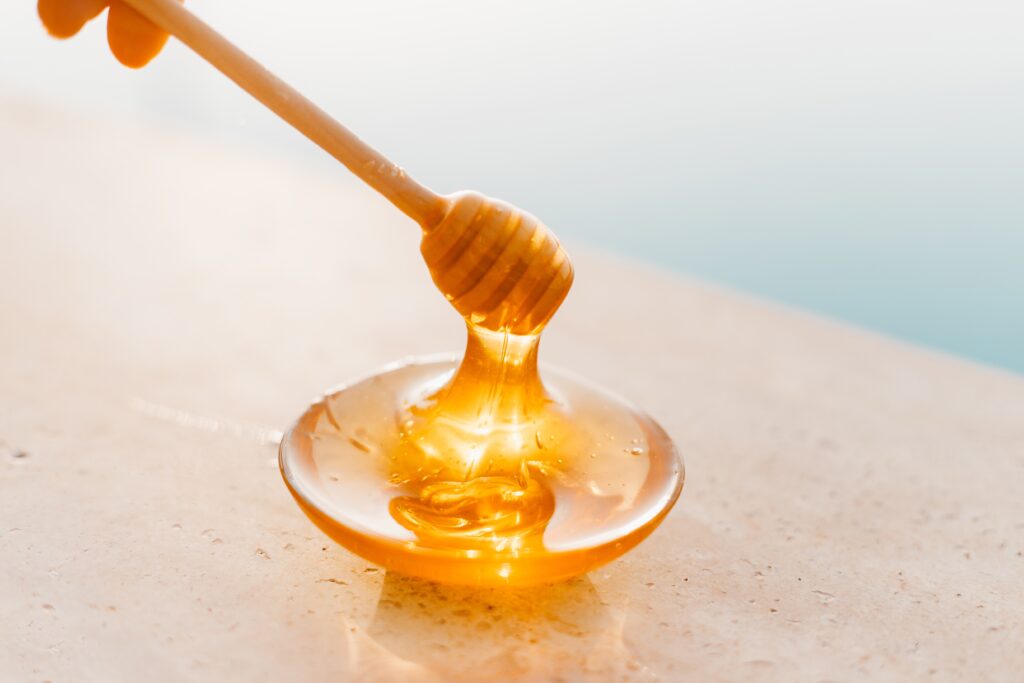
Usage
Manuka honey is available in jars, usually in 18 ounce (~500-gram) sizes, and has a wide range of applications. It has a positive impact on the digestive system by regulating gut flora, which helps to effectively eliminate gas caused by undigested food fermentation.
Additionally, Manuka honey is used to treat various conditions such as stomach ulcers, acid reflux, and irritable bowel syndrome. Its antibacterial properties are well-known and it helps the body fight bacteria that cause infections in the digestive system, throat, sinuses, and nasal passages. Moreover, it is commonly used in acne treatments and to support skin healing.
How to Use
Manuka honey is best consumed by taking 2-3 teaspoons on an empty stomach, either in the morning or before bedtime. It can also be added to food or dissolved in a glass of water with lemon juice.
When using manuka honey for acne treatment or to promote wound healing, apply it to the affected area 2-3 times a day, covering it with a dressing if possible. During the initial phase of such treatment, skin conditions may worsen and some pain may occur, but after 2-3 days, a significant improvement is usually visible.
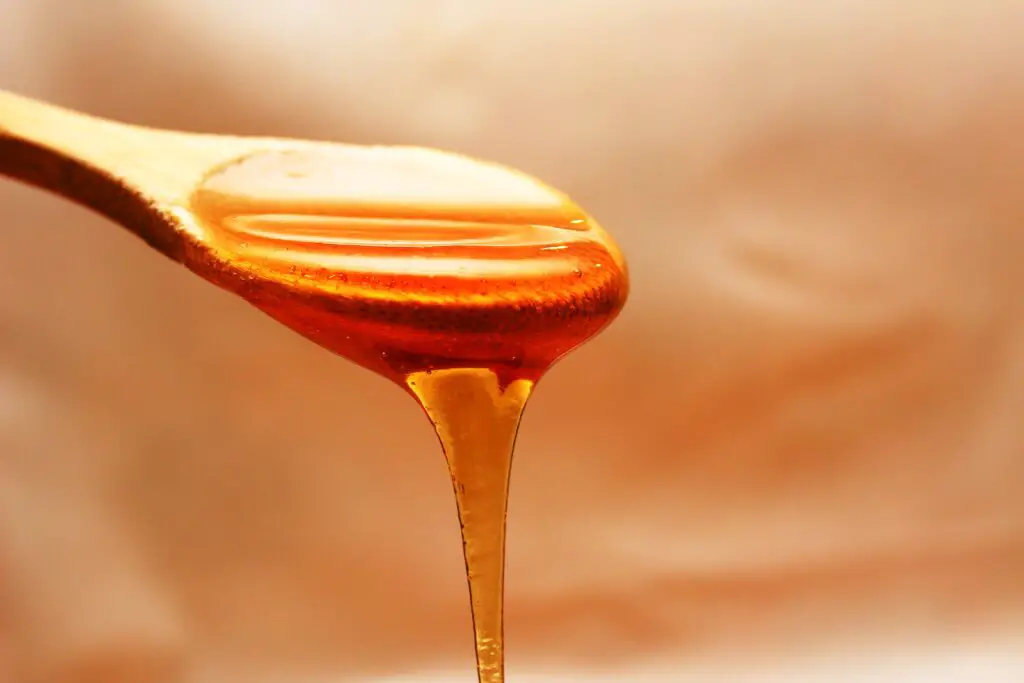
Contraindications
When deciding to include manuka honey in your diet, it is important to remember that it is high in calories and excessive consumption can indirectly contribute to weight gain.
Equally important is the fact that there are certain contraindications for consuming manuka honey. It should not be used by people who are allergic to bee products or who have diabetes. In addition, it should not be given to children under one year of age.
Manuka Honey – What to consider before first use?
When deciding to buy manuka honey, one must be careful of counterfeits, which dishonest sellers use to make illegal profits. To ensure that you are dealing with an original product imported directly from New Zealand, ask the seller for a certificate and compare the serial numbers on it with the information on the honey jar. The seller is required to show it.
Want to learn more?
Final words
Manuka honey is a luxurious and indulgent ingredient that has been prized for centuries for its medicinal properties and unparalleled flavor. Derived from the nectar of the Manuka bush, which is native to New Zealand, this honey is renowned for its antibacterial, anti-inflammatory, and antioxidant properties. In recent years, it has become a must-have ingredient in natural health and beauty products and is widely used by foodies around the world.
So, what exactly is Manuka honey and what sets it apart from other types of honey? Firstly, it has a distinct flavor profile that is robust, earthy, and slightly bitter. This is due to the high levels of methylglyoxal (MGO), a compound found in Manuka honey that gives it its unique antibacterial properties. Unlike regular honey, which has a low MGO level, Manuka honey has a minimum MGO content of 83mg/kg, making it a potent healer and immune booster.
The benefits of Manuka honey are numerous, making it a popular choice for those seeking natural remedies for a range of health concerns. Its antibacterial properties make it particularly effective in treating wounds, burns, and other skin conditions such as acne, eczema, and psoriasis. It can also help soothe sore throats and coughs, and even promote digestive health by balancing the gut microbiome.

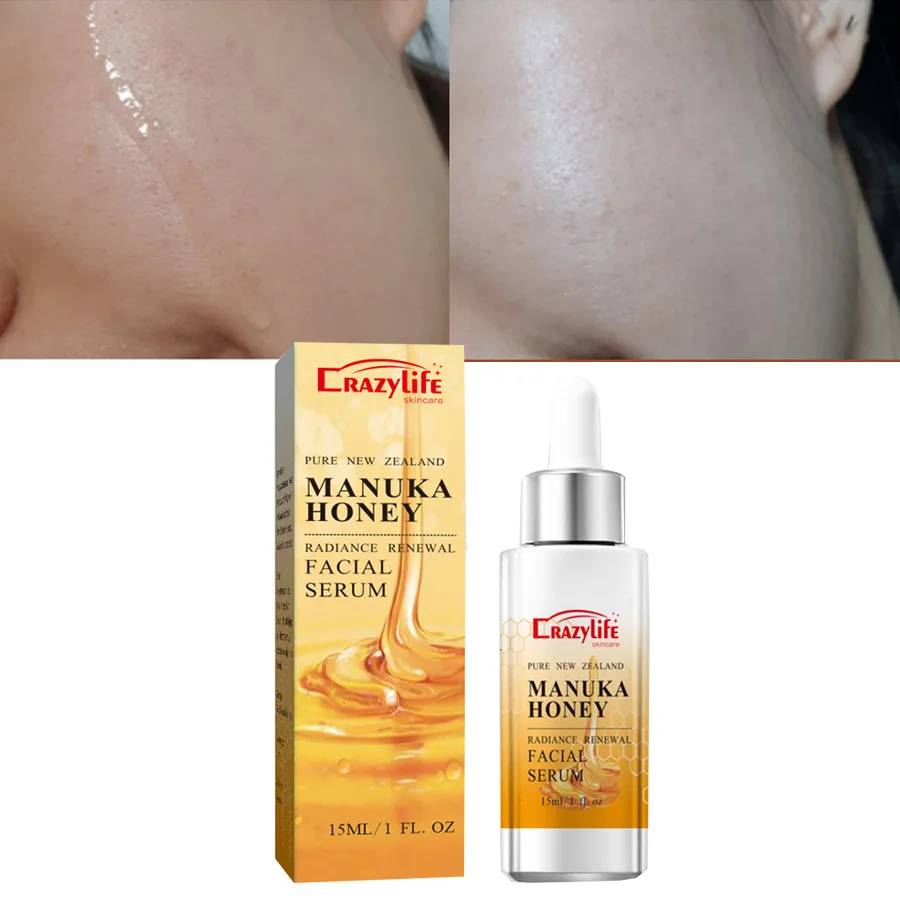











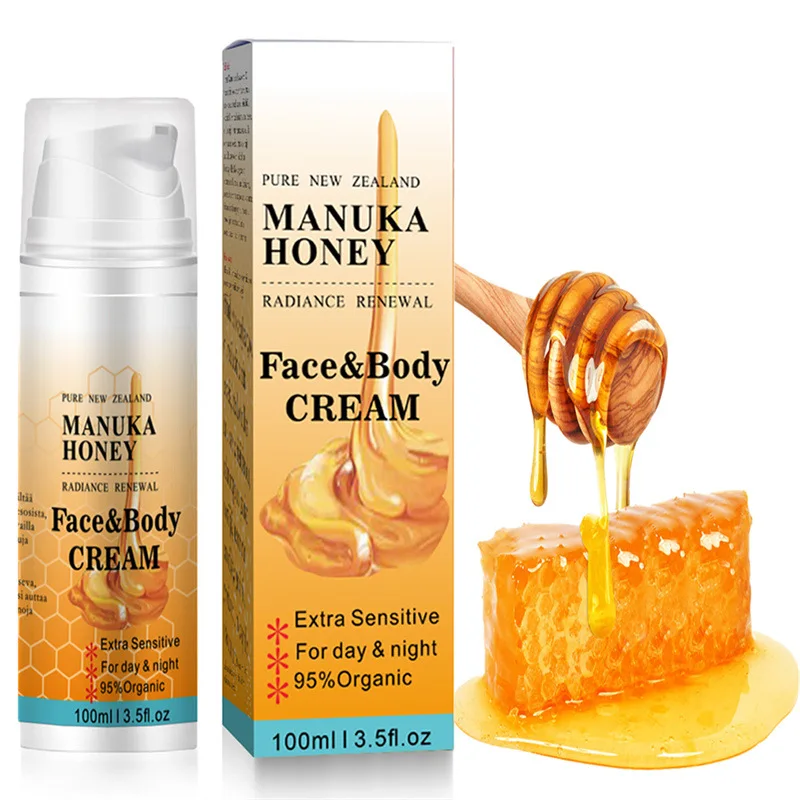

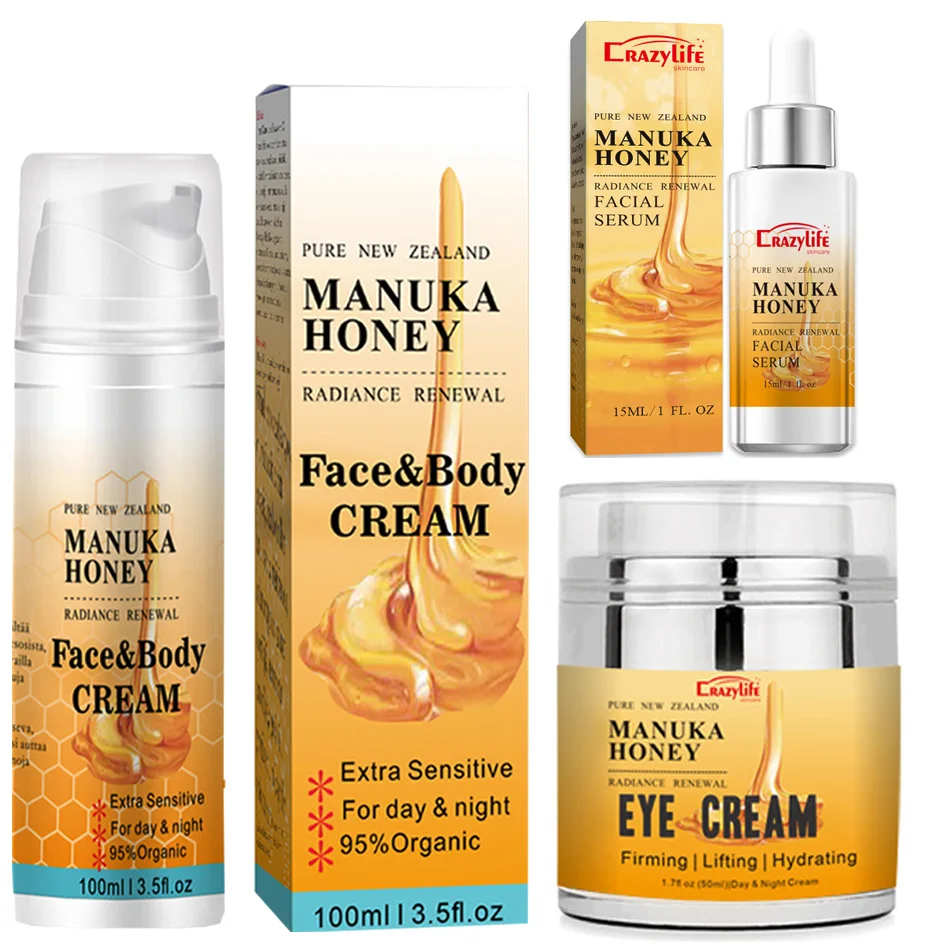
But Manuka honey isn’t just for health and wellness purposes; it’s also a delicious addition to your kitchen. Whether used as a sweetener in tea and coffee or as a topping for pancakes and yogurt, Manuka honey adds a touch of luxury to any dish. It pairs particularly well with cheeses, fruits, and nuts, and can be used to make a range of tasty treats, from granola bars to salad dressings.
In conclusion, Manuka honey is a versatile and indulgent ingredient that has a range of health benefits, from promoting skin health to boosting the immune system. Its unique flavor profile makes it a sought-after ingredient in the culinary world, and its antibacterial properties make it a must-have for any natural health and beauty enthusiast. So, whether you’re looking to indulge in some luxurious skincare or whip up some gourmet cuisine, Manuka honey is the perfect addition to your lifestyle.

